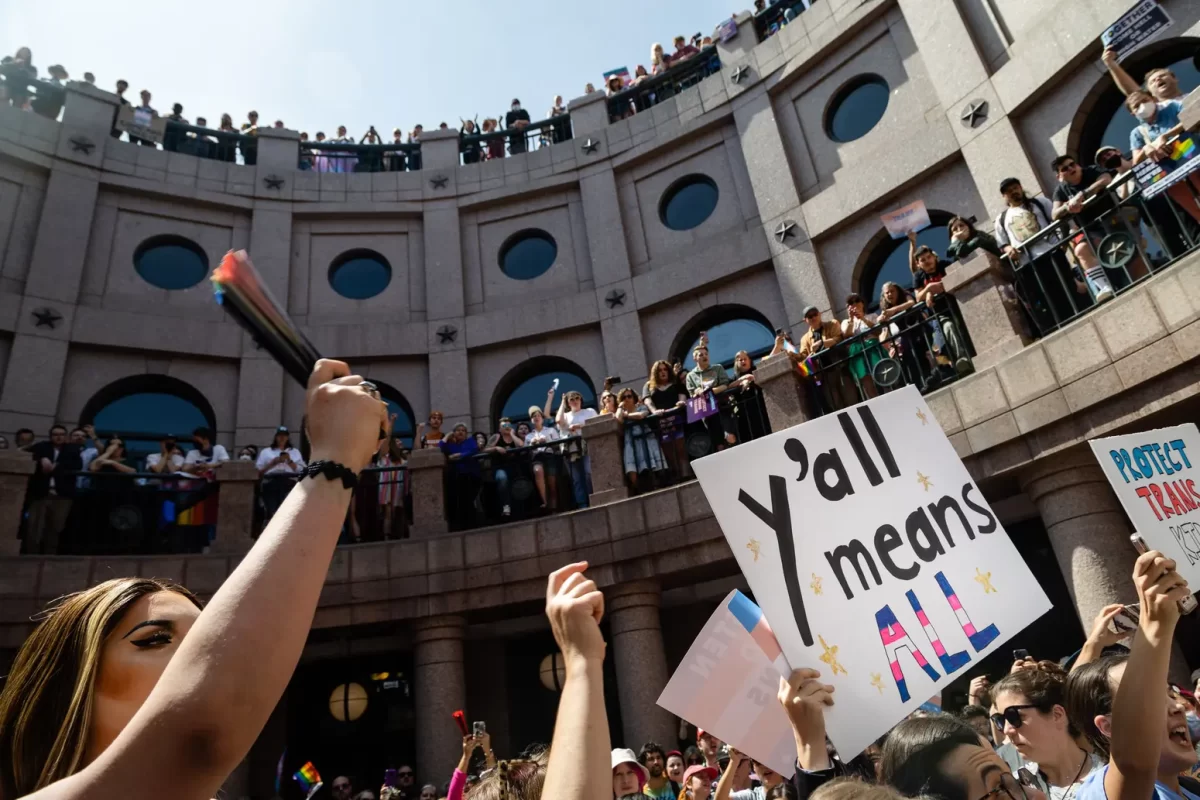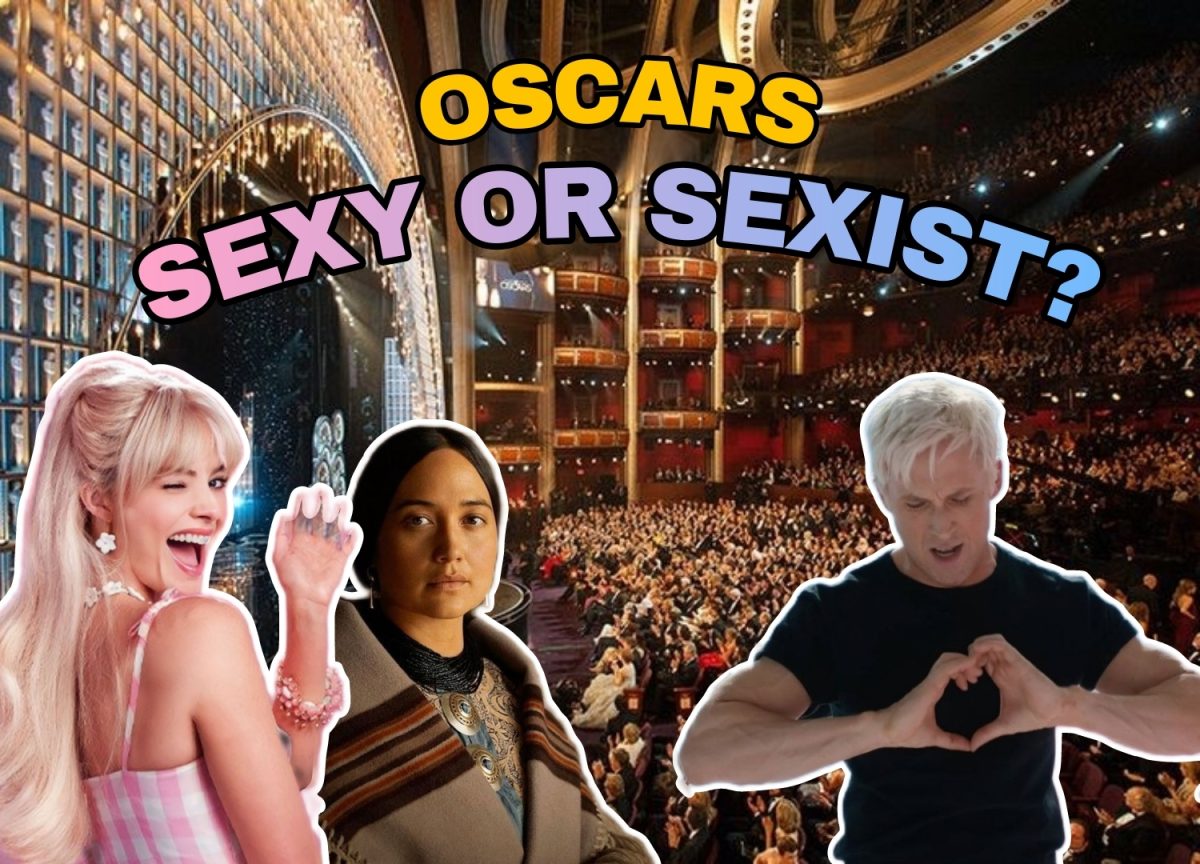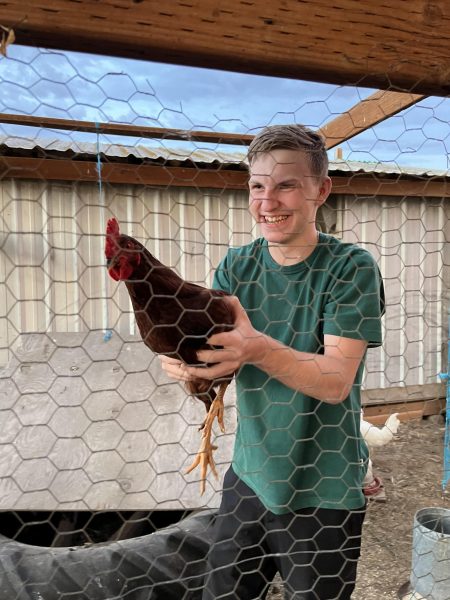The Perspectives page of The Blue and White offers students and staff an opportunity to express their thoughts about topics that affect our school, our community, or the world at large. The views and opinions expressed are those of the author and do not necessarily reflect the official policy or position of Apopka High School or The Blue and White.
The following editorial was contributed by Senior Nathan Mitchell:
In the past 30 years, the fight for LGBTQ+ rights has expanded more than ever. But with six expressly anti-LGBTQ+ laws being passed in Florida in the past year (more than in the last seven years combined), the fight seems to be taking two steps forward and one step back.
House Bill 1069, more colloquially being referred to as the “Don’t Say Gay” Bill, was passed last year. The bill is very broad in its effects, ranging from the banning of sexual orientation and gender identity education from pre-k through 12th grade, the inclusion of requirements for parent consent for the use of proper pronouns for school personnel and students, and mandatory review of all libraries and classroom materials for “Pornography or obscene depictions of sexual conduct.”
The effects of this law have already been seen. Many students were shocked to learn in the days before school that AP Psychology was no longer being taught at Apopka High School. This is due to the fact that the course teaches a minor unit on sexuality and gender that takes only 10~ minutes of class time to teach. Even though AP Psychology is a college level course requiring parental permission to enroll. However these lawmakers don’t make decisions through the lens of what’s best for people, they make these decisions based on their moral and religious feelings which cloud logic and fact.
And seniors planning on attending a Florida college may be in for a shock this year as Senate Bill 266 will give a “board of governors” the power to ban certain majors and minors, as well as banning certain clubs and activities. According to the Florida Senate website, “The bill specifies that a Florida College System, institution, state university, or associated support organization may not expend any funds for programs or campus activities that violate the FEEA; advocate for diversity, equity, and inclusion; or promote or engage in political or social activism.” This would mean the closure of organizations such as GSAs, which provide LGBTQ+ students with community and activism opportunities. These clubs are sometimes the only places for people to learn about and feel more secure in who they are.
While these laws (and many others) may be discouraging, we have to realize that laws and legislation are not the only influencing factors here in America. Culture and media are huge parts of the 21st century. And when it comes to the media, in that regard, Queer people are absolutely winning.
Early last month Heartstopper, a teen romance show set in the UK, released to worldwide acclaim. The show, now in its second season, is remarkable not just for how much representation it has but for the quality of said representation. Not only is the main couple gay, but one of the storylines throughout the season is that of a character, Issac, learning that he is asexual. One of my fellow staff writers, Heather Rice, explained that “the asexual representation in Heartstopper went against social norms. It showed that being asexual is normal and there are people out there like, It made me feel like I belong.”
Other movies such as Red White and Royal Blue and Nimona and shows such as Pose and Sex Education are setting the new standard for media as a place where we can all see ourselves represented. The hope is that these characters can inspire change in the real world.
But truly the only way to have any real change is to vote. Now as more and more of the younger generation, especially students, reach voting age, these next few years will be vital for the future of LGBTQ+ people and America as a whole.








